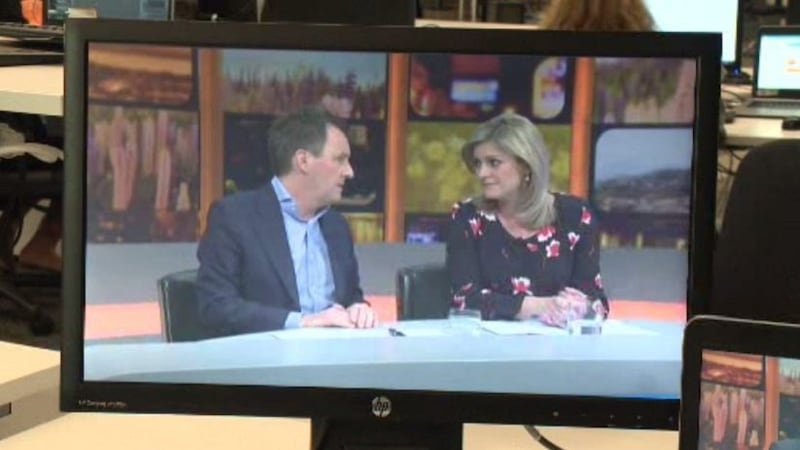The Broadcasting Standards Authority has upheld a complaint that comments made about the Māori Party by Seven Sharp host Mike Hosking were inaccurate, misleading and breached the accuracy broadcasting standard.
Hosking commented on who can vote for the Maori Party during the show, in the lead up to the 2017 Election.
In this discussion, Hosking asserted that only those enrolled in a Māori electorate were able to vote for the Māori Party. He said “…you can’t vote for the Māori Party because you’re not enrolled in the Māori electorate”.
The following night he attempted to make his point clear saying, “The fact that anyone can vote for [the Māori Party] as a list party I automatically assumed we all knew given we have been doing this for 20 years… and it went without saying. So hopefully that clears all of that up.”
The Authority upheld the complaint and say that the alleged clarification broadcast on 24 August 2017 was flippant and too general to correct the inaccurate information for viewers.
Voters not enrolled on the Māori electoral roll can cast a party vote for the Māori Party, or vote for one of the 18 Māori Party candidates representing general electorates in the 2017 General Election.
The Authority emphasised the importance of ensuring audiences were accurately informed about election matters. It said Hosking’s inaccurate comments were presented at a critical time, when voters required accurate information to enable them to make informed voting decisions.
“This was an important issue, particularly during the election period, and had the potential to significantly affect voters’ understanding of the Māori roll and of New Zealand’s electoral system”, it said.
The Authority commented on the important and influential role held by programme hosts and presenters, particularly during the democratic election process.
“The incorrect statements made by Mr Hosking were presented at a critical time, when voters required accurate information to enable them to make informed voting decisions. In this case, the flippant apology provided did not reflect a genuine appreciation for the important role of media during this time.”
The Authority determined it would be appropriate for the broadcaster to publicly acknowledge the breach of the accuracy standard to its audience by way of a broadcast statement on air.

